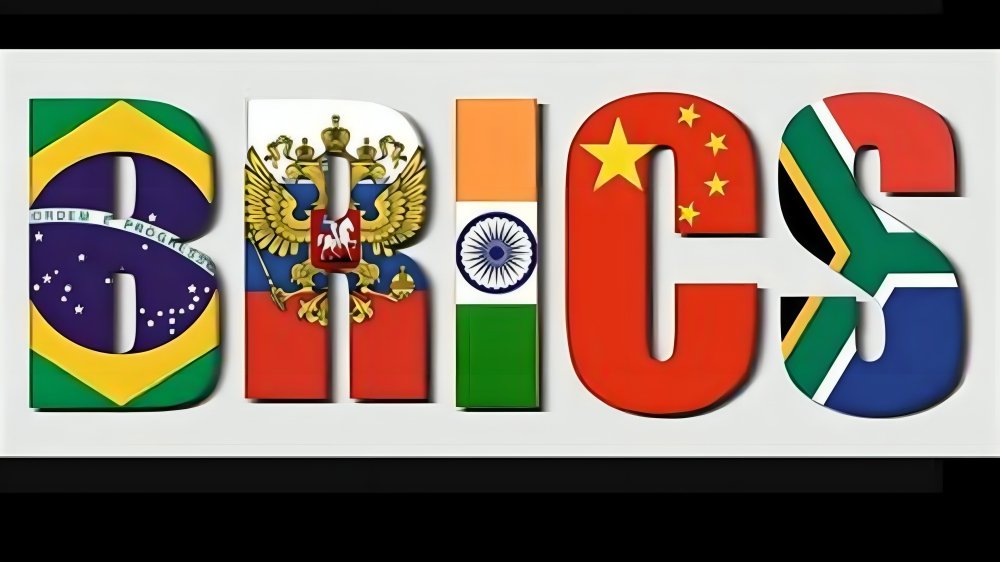In a world where economic alliances can have a significant impact on a country’s growth and stability, Malaysia is poised to take a strategic step forward by joining the BRICS group, as are Malaysia’s BRICS ambitions for emerging economies. This move, as announced by Prime Minister Anwar Ibrahim, signals Malaysia’s intent to engage more deeply with some of the world’s most dynamic markets. But what drives Malaysia towards this decision, and what implications will it have for the country and the global economic landscape?
BRICS is an acronym for a group of five major emerging economies: Brazil, Russia, India, China, and South Africa. Established to promote peace, security, and development, BRICS represents a significant portion of the world’s population and economic output.
The Catalyst for Malaysia’s BRICS Ambition
The BRICS group, comprising Brazil, Russia, India, China, and South Africa, represents a collective of nations known for their significant influence on global trade and economic trends. The acronym itself has become synonymous with emerging economic powerhouses that are gradually reshaping the world order traditionally dominated by Western economies.
Malaysia’s decision to join BRICS comes at a time when the group is expanding its membership to include nations like Saudi Arabia, Iran, Ethiopia, Egypt, Argentina, and the United Arab Emirates. With over 40 countries expressing interest in joining, BRICS is rapidly becoming a formidable counterbalance to Western economic dominance.
Prime Minister Anwar Ibrahim’s announcement came during an interview with Chinese media outlet Guancha, where he stated that formal procedures for joining would be initiated soon. This declaration aligns with BRICS’ mission last year to broaden its influence by welcoming new members.
Malaysia’s Strategic Move Towards BRICS Membership

Malaysia is actively preparing to join the BRICS group of emerging economies, as stated by Prime Minister Anwar Ibrahim. The preparation involves several key steps. First, the Malaysian government has made a clear policy decision to apply for BRICS membership. This decision underscores Malaysia’s strategic intent to align with some of the world’s most dynamic and influential emerging economies, reflecting its desire to diversify economic partnerships and strengthen its global economic position.
In addition to formalizing this decision, Malaysia is initiating the official procedures required for joining BRICS. The official process will be launched soon, indicating that the necessary groundwork and diplomatic engagements are already underway. This involves coordinating with current BRICS members, preparing formal applications, and ensuring that Malaysia meets all the criteria for membership. The initiation of these procedures highlights Malaysia’s commitment to integrating into the BRICS framework and benefiting from the collective economic and strategic advantages the group offers.
Furthermore, Malaysia is currently awaiting the final response from the South African government. This step suggests that discussions and negotiations are actively in progress. South Africa, as a key member of BRICS, plays a crucial role in reviewing and approving new membership applications. The Malaysian government is therefore engaged in ongoing diplomatic efforts to secure a favorable outcome. The anticipation of the final results from South Africa indicates that Malaysia is at a pivotal point in its journey towards BRICS membership, with the potential to significantly influence its economic and geopolitical future.
Prospects and Advantages for Malaysia
By aligning with BRICS, Malaysia stands to gain access to a wider market and tap into the collective bargaining power of these nations. The group’s focus on mutual benefit and cooperation presents an opportunity for Malaysia to diversify its trade partnerships and reduce dependency on traditional Western markets.
Anwar mentioned that the decision is awaiting final approval from South Africa’s government. Once formalized, Malaysia can expect enhanced trade agreements, investment opportunities, and a stronger voice in international economic discussions.
Economic Impact and Future Outlook
Joining BRICS could significantly boost Malaysia’s economy by opening doors to increased foreign investment, technology exchange, and infrastructure development. It would also allow Malaysia to participate in shaping policies that favor emerging economies and address issues like trade barriers and market access.
Global Reactions and Diplomatic Dynamics
Other countries’ responses to Malaysia’s BRICS membership will vary based on their economic interests and geopolitical strategies. While some may view it as a positive step towards a more inclusive global economy, others might perceive it as a challenge to the existing order.
As Malaysia prepares for Chinese Premier Li Qiang’s visit during the 50th anniversary of diplomatic relations between Malaysia and China, anticipation builds over the potential deals that could further cement this burgeoning alliance.
A Bold Step Forward
Malaysia’s bid to join BRICS is more than just an economic maneuver; it’s a statement of intent to play a more prominent role on the world stage. As the country awaits finalization of its application, the global community watches with keen interest to see how this move will reshape international economic relations.
This development marks a pivotal moment for Malaysia as it seeks new partnerships that promise prosperity and growth. The journey ahead is filled with possibilities, and Malaysia appears ready to embrace them with open arms.
